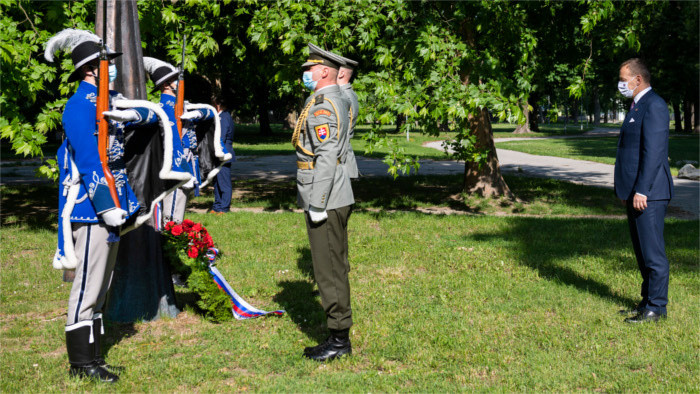Signed on 4 June 1920 in the Grand Trianon Palace in Versailles, as one of several agreements that concluded World War I, the agreement cemented the collapse of the Austro-Hungarian empire. Hungary was dismembered, losing two-thirds of its pre-war territory, forcing to cede what is now Slovakia, Vojvodina, Croatia, part of Slovenia, Ruthenia, the Burgenland and Transylvania to the new states of Yugoslavia and Czechoslovakia. The treaty is still viewed in Hungary as a historical trauma.
During his official visit to Hungary earlier this week, the Slovak Foreign Minister Ivan Korčok stated that the Treaty must not be a stumbling block preventing Slovaks and Hungarians from looking to the future. According to Korčok, Slovaks, Hungarians and many other European nations have complicated experiences from this page of history - what was a defeat for some was a victory for others; what some bear as a trauma is viewed by others as the beginning of their freedom.
On the day of 100th anniversary of the signing of the treaty, Parliamentary Chair Boris Kollár (We Are Family) together with the parliamentary vice-chairs commemorated the anniversary by laying wreaths at the Monument of Peace Treaties on Tyršovo Embankment in Bratislava. Kollár noted that although opinions on Trianon differ, people should not look to the past, but to the future and to the relationship that the country currently has with neighbouring Hungary.
Changing the preamble of the Slovak Constitution, fixing the Dual Citizenship Act, passing extensive ethnic minorities bill and pursuing development of lagging ethnically-mixed regions are the suggestions that non-parliamentary ethnic Hungarian Most-Hid party urges Prime Minister Igor Matovic (OLaNO) to embrace. A similar sentiment was voiced by the chair of the ethnic Hungarian Forum (MF) Zsolt Simon, who claimed that ethnic Hungarians wish to be treated as equal citizens also by the Constitution. They ask the PM to change the wording of the Constitution's preamble from 'Us, the Slovak nation' into 'Us, the citizens of the Slovak Republic'.

